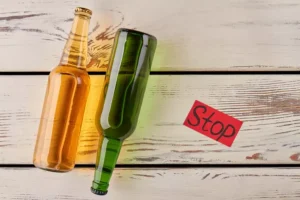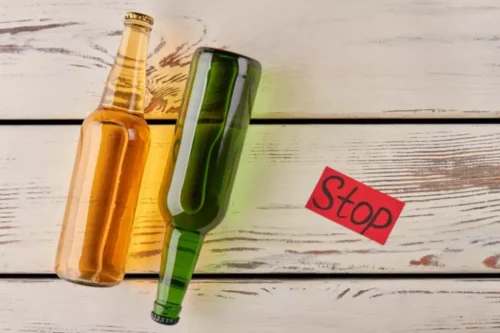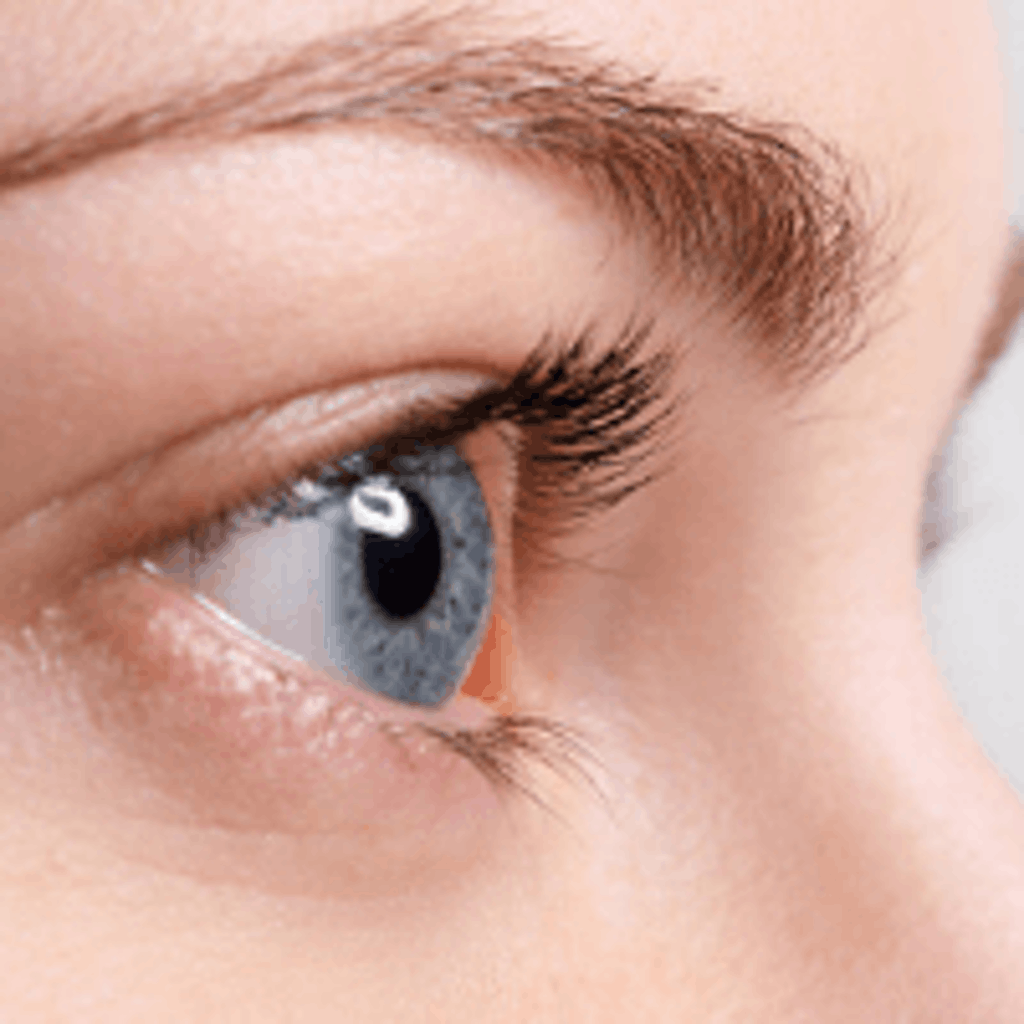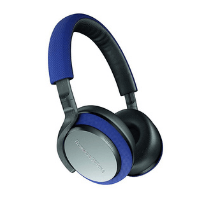
Outpatient treatment programs could be the ideal option for alcohol addiction help you—depending, also, on the severity of your substance use challenges. This online tool is designed to help consumers find quality treatment for alcohol use disorder (AUD). The decision to finally get help for an alcohol addiction is a brave step toward regaining control of your life. Even if you’re unsure or scared about calling an alcohol addiction hotline, there’s no harm in speaking with someone about your concerns. An alcohol anonymous hotline can help those struggling with alcoholism to find help during times of crisis.
- A heavy drinking binge may even cause a life-threatening coma or death.
- You may be able to better compare your options by assessing whether and how the program or provider measures success.
- Each of these fee-based tools has a research base that shows its potential to help people cut down or quit drinking.
- Motivational enhancement is conducted over a short period of time to build and strengthen motivation to change drinking behavior.
Support & Treatment

Currently, there are three medications approved for AUD in the United States, and they are an effective and important aid in the treatment of people with this condition. Ultimately, there is no one-size-fits-all solution, and what may work for one person may not be a good fit for someone else. Simply understanding the different options can be an important first step.
- Overcoming an addiction to alcohol can be a long and bumpy road.
- Research the kinds of treatment that are available and discuss these options with your friend or family member.
- Overall, gather as much information as you can about a program or provider before making a decision on treatment.
- Seeking professional help early can prevent a return to drinking.
- You can just sit and listen and learn more about recovery, or you can share about your situation.
- In this vein, the anticonvulsant topiramate has been suggested to be promising for treating alcohol dependence 3,4.
- Couples and family counseling incorporates spouses and other family members in the treatment process and can play an important role in repairing and improving family relationships.
Empathy, expertise and a treatment plan built to meet your specific needs
Talk to your doctor or an addiction specialist to learn more. If you or a loved one needs help with an alcohol problem, you have several options beyond in-person care. You can access professional telehealth care by phone or video chat.
- Other ways to get help include talking with a mental health professional or seeking help from a support group such as Alcoholics Anonymous or a similar type of self-help group.
- If you feel that you sometimes drink too much alcohol, or your drinking is causing problems, or if your family is concerned about your drinking, talk with your health care provider.
- Ask different programs if they offer sliding-scale fees—some programs may offer lower prices or payment plans for individuals without health insurance.
- Funding will support evidence-based, holistic practices that address the overdose crisis.
- Assessment of abstinence from alcohol was based on self reports, but it was further cross-checked with a family member to ascertain accuracy of information.
Suicide & Crisis Lifeline
AUD can be mild (the presence of two to three symptoms), moderate (the presence of four to five symptoms), or severe (the presence of six or more symptoms). Some people are able to stop drinking on their own or with the help of a 12-step program or other support group (see below for links). Others need medical supervision in order to withdraw from alcohol safely and comfortably. Which option is best for you depends on how much you’ve been drinking, how long you’ve had a problem, the stability of your living situation, and other health issues you may have. Alcohol use disorder is a pattern of alcohol use that involves problems controlling your drinking, being preoccupied with alcohol or continuing to use alcohol even when it causes problems. This disorder also involves having to drink more to get the same effect or having withdrawal symptoms when you rapidly decrease or stop drinking.

Questions to Ask an Alcohol Rehab Center

And you don’t need to wait until life falls apart to turn things around. Get expert guidance on what to ask providers and how to listen for quality in the answers. Taking the https://ecosoberhouse.com/article/drug-detox-process-and-side-effects/ first step to seeking professional help for alcoholism can feel scary and overwhelming. Whether for you or for someone you love, AAC makes this process easy and accessible for those ready to begin their journey to sobriety. Addiction is complex and complicated, and it leaves people feeling confused and frustrated.







































